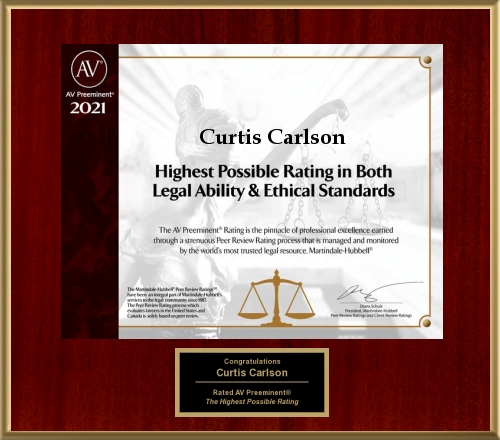Do You Have an Intellectual Property Claim? Types of IP Infringements
In 1963, John F. Kennedy stated, “A man may die, nations may rise and fall, but an idea lives on. Ideas have endurance without death.” Few would understate the power of an idea, especially those whose livelihoods rest on coming up with them. Businesses of all industries rely on the development of ideas and other types of intellectual property, and can be damaged severely by violations of IP rights. Of course, ideas and intellectual property, by their very nature, are abstract and fluid. How do you know if you have an intellectual property claim? Below describes four types of IP violations and what you can do about it.
Intellectual Property Infringements
#1: Copyright Infringement
For many types of work, including written works, artwork, or other physical productions of ideas, you may have a claim of copyright as the creator (or a publisher or business representing your interests may hold the copyright). While some types of references to or reproductions of these works may be acceptable under the fair use doctrine, other types would qualify as illegal copyright infringement. It is important to note that you may have a copyright claim even if you did not legally register your copyright.
#2: Trademark Infringement
With a trademark come exclusive rights. If someone uses your trademark, they may be infringing upon your rights to your trademark. This is true even if the trademark they use is similar enough to yours (but not identical) that consumer confusion could be possible. If your trademark rights have been infringed, you may address the violation with a civil suit or even criminal charges. Like copyright infringement, you may have a trademark claim even if you did not legally register your copyright.
#3: Patent Infringement
Patents are protective rights over physical objects and inventions (although special allowances are made for the usage of patented materials for research purposes). If your patent rights have been infringed in the United States, your claim would be resolved under civil law. However, several other jurisdictions (like Japan, Russia, and China) handle patent cases as a criminal law matter.
#4: Trade Secret Misappropriation
While other intellectual property rights are public, trade secrets are, of course, secret. The United States prohibits business espionage by law, and therefore protects trade secrets through legislation. Trade secret misappropriation can range from non-serious infringements to criminal theft of trade secrets addressed by the U.S. Code. If you believe your trade secrets have been misappropriated, the party responsible for the violation may face criminal penalties.
What to Do If Your Rights Have Been Violated
Anyone can experience a violation of their intellectual property rights, from business owners to individuals. If you believe your rights to intellectual property have been violated, there are options to recoup your losses. It may be possible to recover all or part of your losses. Contact an experienced intellectual property, copyright, or patent attorney at Carlson & Associates, P.A. at 1-305-372-9700 today for a consultation to make sure your ideas stay yours.














